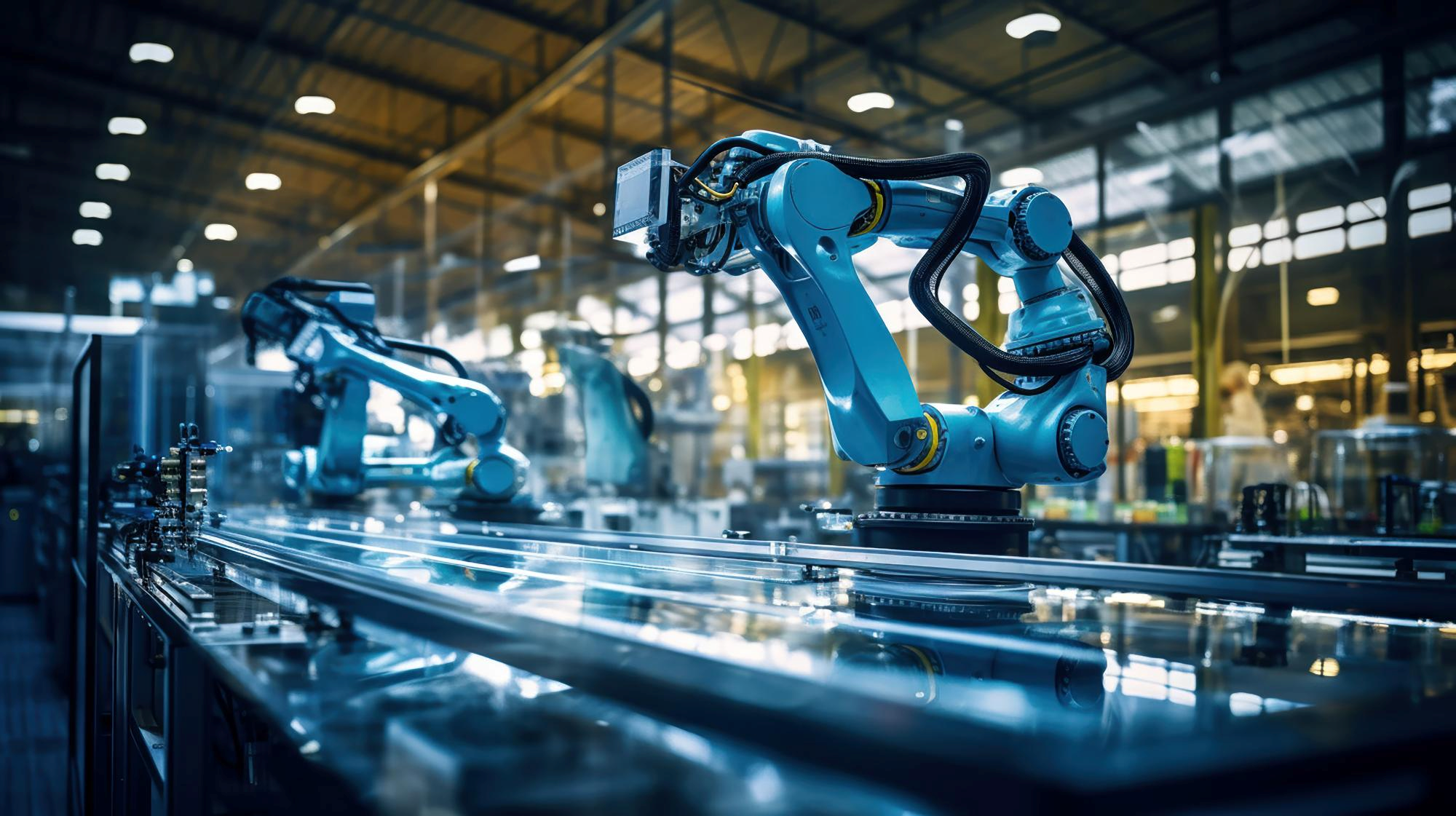
Metrology, the science of measurement, is a critical pillar in the automotive industry, ensuring precision, safety, and efficiency across every stage of vehicle production. From design and prototyping to mass manufacturing and quality control, metrology enables manufacturers to meet stringent standards, reduce waste, and deliver high-performing vehicles. Below is an exploration of its indispensable role in this dynamic sector.
Improved Product Quality:
Ensures that vehicles meet customer expectations for durability, performance, and reliability.
Cost Savings:
Reduces waste by identifying defects early in the production process.
Minimizes rework costs by maintaining precise specifications throughout manufacturing.
Compliance with Standards:
Helps manufacturers meet regulatory requirements for safety, emissions, and environmental impact.
Enhanced Customer Satisfaction:
Delivers safer, more dependable vehicles that perform consistently over time.

Integration with Industry 4.0:
Real-time data collection via IoT-enabled devices will enhance process monitoring and predictive maintenance.
Advanced Automation:
Automated metrology systems will reduce human intervention, improving speed and accuracy.
Support for EVs and Autonomous Vehicles:
New measurement techniques will address challenges specific to EV batteries, sensors, and autonomous systems.
Metrology is not just a support function but a strategic enabler in the automotive industry. By ensuring precision across all stages of production—from design to final assembly—it guarantees quality, safety, and efficiency. As the industry embraces new technologies like EVs and automation, metrology will remain at the forefront, driving innovation while upholding the highest standards of manufacturing excellence.
WhatsApp us